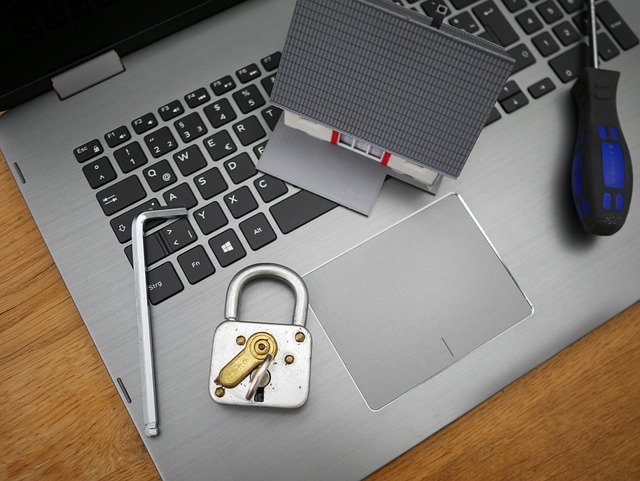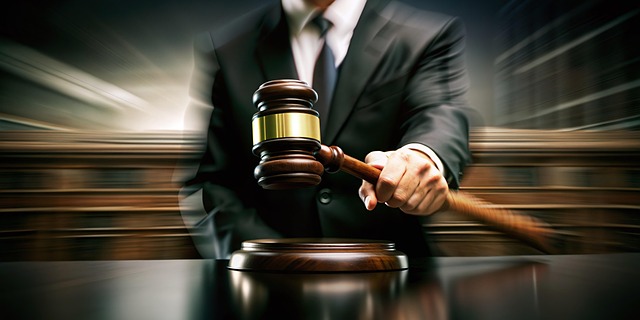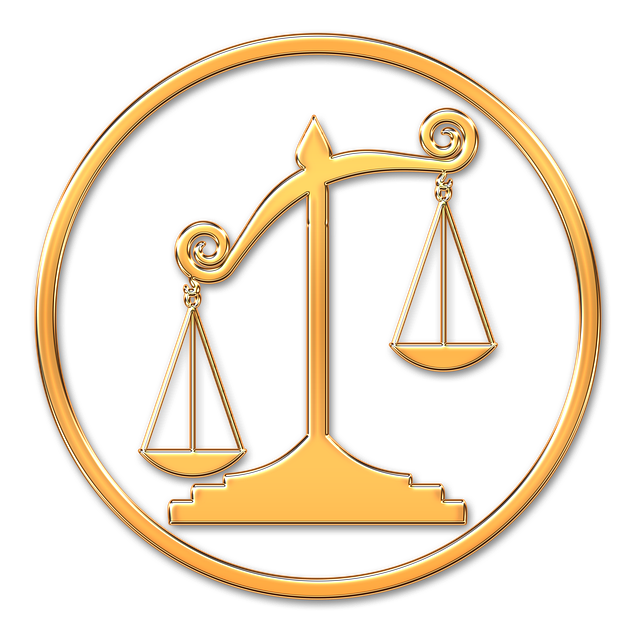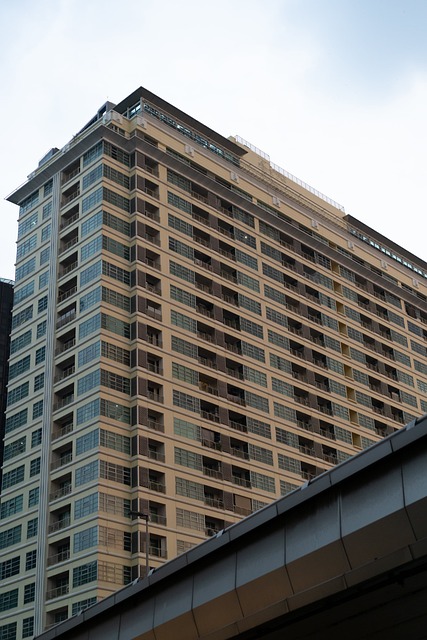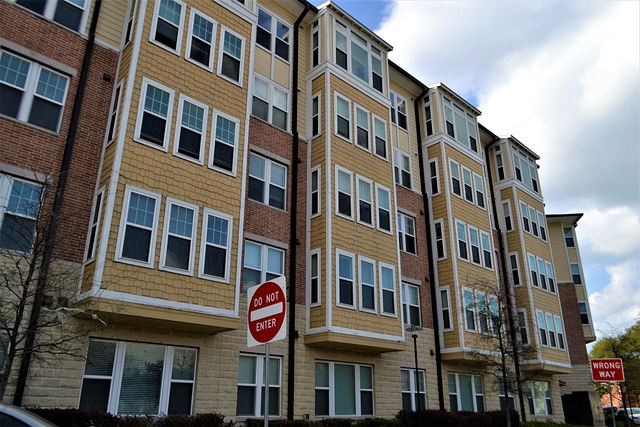Rental property mold poses health risks and legal complications unless both tenants and landlords fulfill their roles. Tenants have the right to a safe, healthy environment and must report mold growth promptly, while landlords are responsible for maintaining habitable conditions by addressing moisture issues, conducting inspections, and implementing remediation plans. Understanding tenant rights and landlord responsibilities regarding rental property mold, tenant rights mold, landlord responsibilities mold, and legal mold issues is key to preventing and managing mold in rental homes effectively.
Tenant Responsibilities for Mold Prevention: A Comprehensive Guide
Rental property mold is a significant concern for tenants and landlords alike. Understanding the dynamics of mold growth in rental homes is crucial to maintaining healthy living spaces. This guide delves into the responsibilities of both parties, focusing on tenant rights and landlord obligations regarding mold prevention and resolution. From identifying potential sources to legal implications, we explore practical steps to mitigate risks and handle tenant mold complaints effectively. Learn about your rights and duties to ensure a mold-free rental experience.
- Understanding Rental Property Mold: A Comprehensive Overview
- Tenant Rights and Responsibilities: What You Need to Know
- Landlord Obligations: Preventing and Addressing Mold Issues
- Legal Implications and Resolving Tenant Mold Complaints
Understanding Rental Property Mold: A Comprehensive Overview
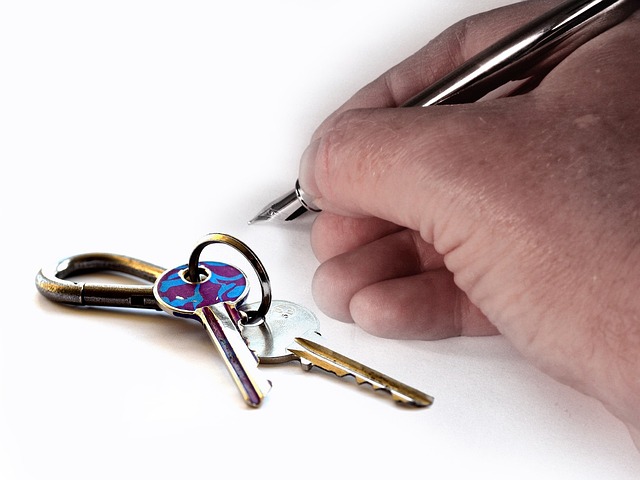
Understanding Rental Property Mold involves recognizing that it’s a significant issue for both tenants and landlords. Tenants have the right to live in a safe, healthy environment free from mold growth, while landlords are responsible for maintaining rental homes in habitable conditions. Mold in rental properties can lead to serious health problems for occupants, including respiratory issues and allergies. Legal mold issues may arise when tenants file complaints about mold in their homes, particularly if the landlord has been notified but fails to take appropriate action.
Tenant rights regarding mold include the expectation of a livable space. If mold is discovered, tenants should notify their landlords promptly. However, it’s crucial for tenants to understand their responsibilities too—like keeping the property clean and reporting any water leaks or damage immediately. Balancing these duties ensures that both parties are proactivly involved in mold prevention and mitigation, fostering a healthier living environment within rental homes.
Tenant Rights and Responsibilities: What You Need to Know
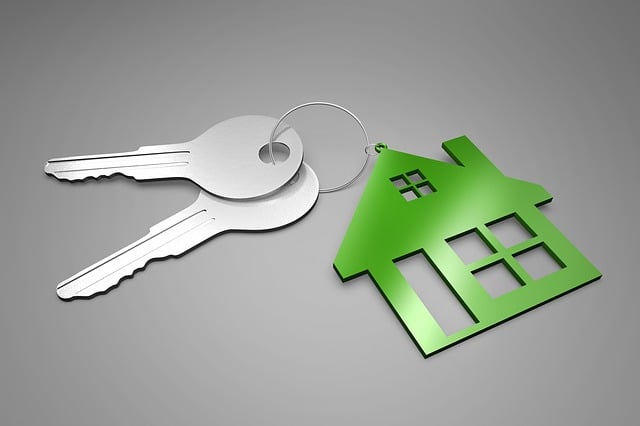
When it comes to rental property mold and tenant rights, understanding your responsibilities is crucial. Tenants have a right to live in a safe, healthy environment. This includes protection from mold in rental homes, which can pose significant health risks. While landlords are generally responsible for maintaining the property, tenants also play a vital role in preventing and addressing mold issues.
Tenants should be proactive by regularly inspecting their living space for signs of moisture or mold growth. Any tenant mold complaints should be communicated promptly to the landlord. Additionally, tenants can take preventative measures like reporting leaks immediately, ensuring proper ventilation, and maintaining good hygiene practices to minimize the potential for mold growth. Knowing your landlord responsibilities mold and tenant rights mold is essential for navigating any legal mold issues that may arise in a rental property.
Landlord Obligations: Preventing and Addressing Mold Issues
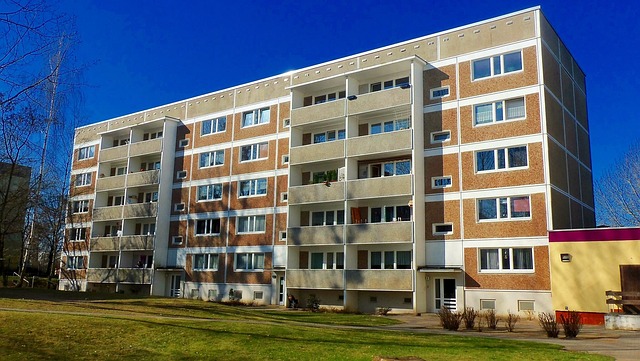
Landlords have a responsibility to ensure their rental properties are safe and habitable for tenants. This includes taking proactive measures to prevent mold growth, as it can pose significant health risks. Regular inspection of buildings, addressing moisture issues promptly, and maintaining proper ventilation are key aspects of landlord obligations. In cases where mold is already present, landlords must act swiftly to address the problem and mitigate any potential damage or health concerns for tenants.
Legal mold issues often arise when a tenant raises complaints about mold in their rental home. Tenants have rights when it comes to living in a mold-free environment. Landlords are required to take appropriate action once notified of such issues, including conducting thorough inspections, implementing remediation plans, and ensuring the affected area is properly ventilated. Failure to do so could lead to legal consequences and potential financial liabilities for landlords.
Legal Implications and Resolving Tenant Mold Complaints

When it comes to rental property mold, both tenants and landlords have responsibilities. While landlords are typically responsible for maintaining a safe and habitable living environment, including addressing mold in rental homes promptly, tenants also play a crucial role in preventing its growth. Tenants should take precautions like reporting any signs of moisture or mold immediately, ensuring proper ventilation, and avoiding actions that could promote mold development.
In the event of tenant mold complaints, understanding legal implications is essential. In many jurisdictions, landlords have a legal obligation to make reasonable efforts to prevent and mitigate mold issues. Failure to do so could lead to legal mold issues, including potential claims for damages or even eviction. Prompt communication and collaborative problem-solving are key; tenants should document concerns, while landlords must act upon valid complaints within a reasonable timeframe.
